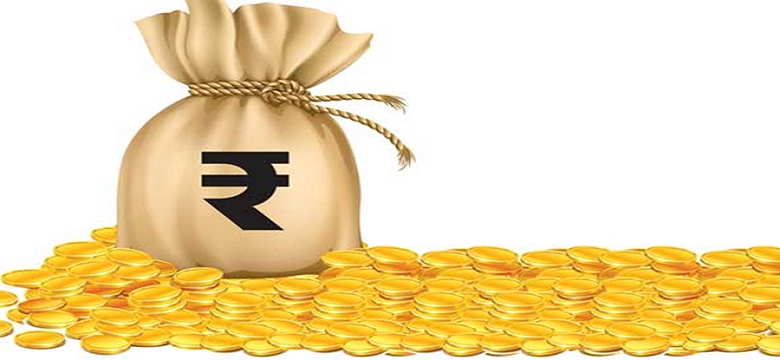Depositing additional funds are always welcomed by any bank, but, you as a customer are always muddled whether to store it in a Savings Account or a Fixed Deposit [FD] account. A head-on comparison between the two will reveal that the interest rates are higher on the FD side, which successfully culminates into a good Return On Investment [ROI].

You may also opt for mutual funds or shares; however, these are risky. A safer option that provides decent returns includes fixed deposits [FDs].
Here are six reasons to open FDs
- Safer financial products
Compared to shares or mutual fund schemes, FDs are safer. Furthermore, such deposits are rated by credit rating agencies like Credit Rating Information Services of India Limited [CRISIL]. Such ratings ensure your funds are safe and there is no risk of losing your capital.
- Higher interest rate
Compared to a bank savings account, the FD interest rates are higher. In addition, financial institutions offer a greater rate for senior citizens when they open an FD. Therefore, you will be able to earn more on your capital.
- Lower amount
You may invest as low as INR 5,000 while opening an FD. In addition, you may choose a cumulative or non-cumulative option. When you choose cumulative FD, the interest is paid on maturity. On the contrary, non-cumulative FDs provide regular interest payments and are beneficial to earn periodic income.
- Flexible investment
When you open an FD, you must choose the duration of the deposit. At the end of this period, you will receive your capital along with the interest. Moreover, most financial institutions allow you to withdraw your funds prior to the end of the deposit period. However, according to the Reserve Bank of India [RBI] rules, you are not allowed to withdraw your money within three months of opening the FD. In the case of premature withdrawal, the effective fixed deposit rates may reduce because you do not hold the FD until maturity.
- Option to avail of loan
You may avail of a loan facility against your FDs. Financial institutions offer up to 75% of the deposit amount as a loan after three months of opening the FD. The interest rate on such loans is affordable, thereby ensuring you do not face any difficulties in repaying the borrowed amount.
- Tax savings
Some FDs provide tax benefits. Usually, when you opt for a tax saving deposit, you will have to hold the FD for at least five years. You are unable to withdraw the money before the end of this period. Furthermore, loans are also not available on tax saving deposits. When you opt for these deposits, the capital invested up to INR 1.5 lakh is exempt from income tax under Section 80C of the Income Tax [IT] Act, 1961.
Several banks and Non-Banking Financial Companies [NBFCs] offer such time deposits. It is advisable you check the interest rates offered by different financial institutions to maximize your returns. FDs have been popular among Indians who want to invest their money in a safe financial instrument. Such deposits are regulated by strict laws and offer assurance to investors like you. Investing in FDs is advisable if you want to increase your income through another source.

